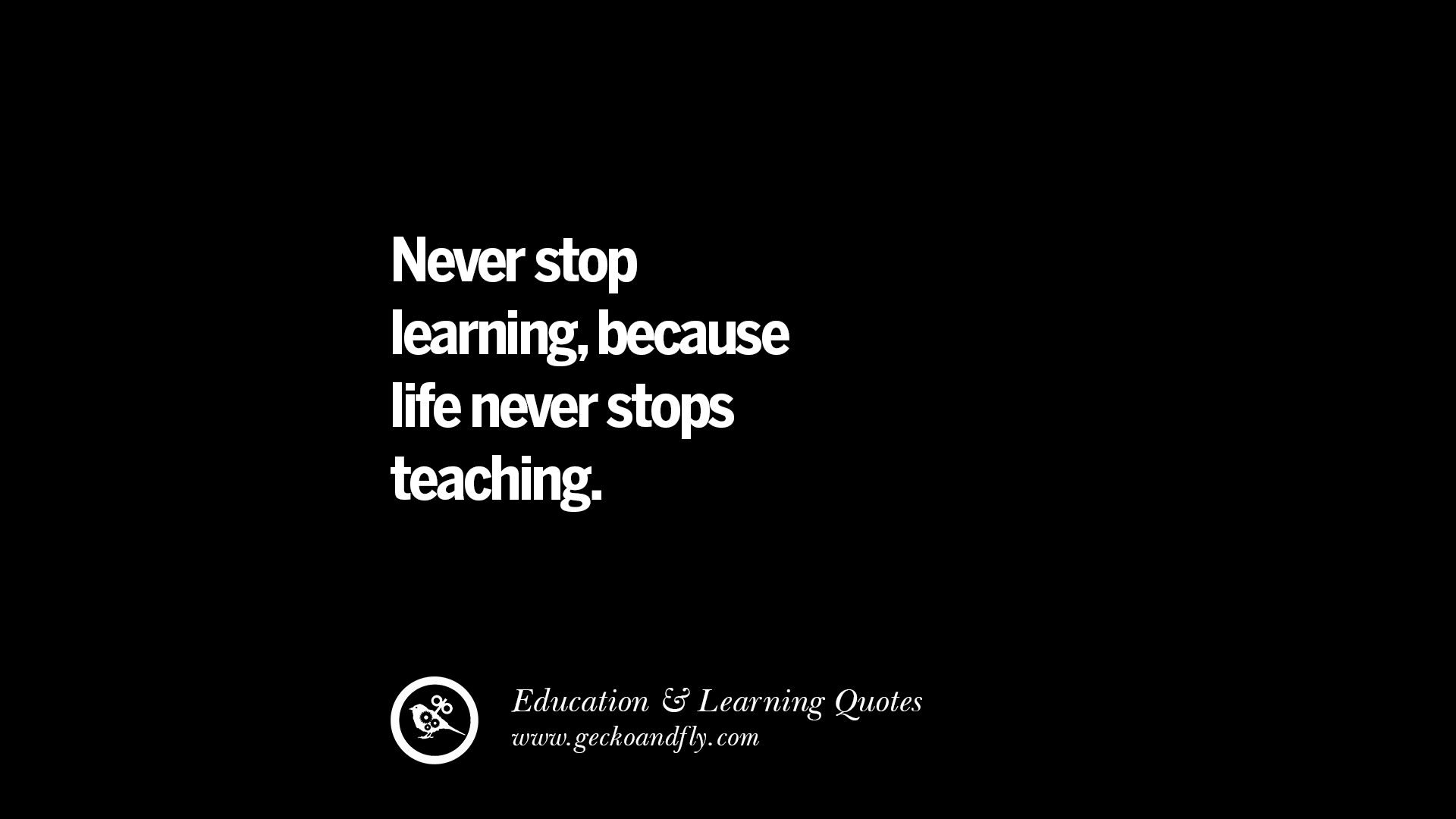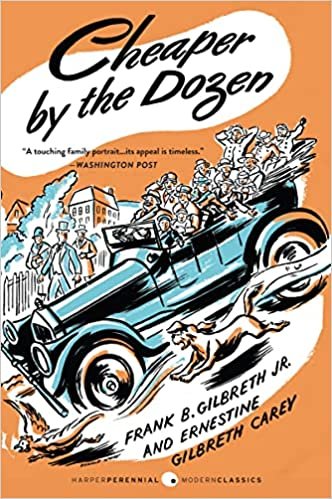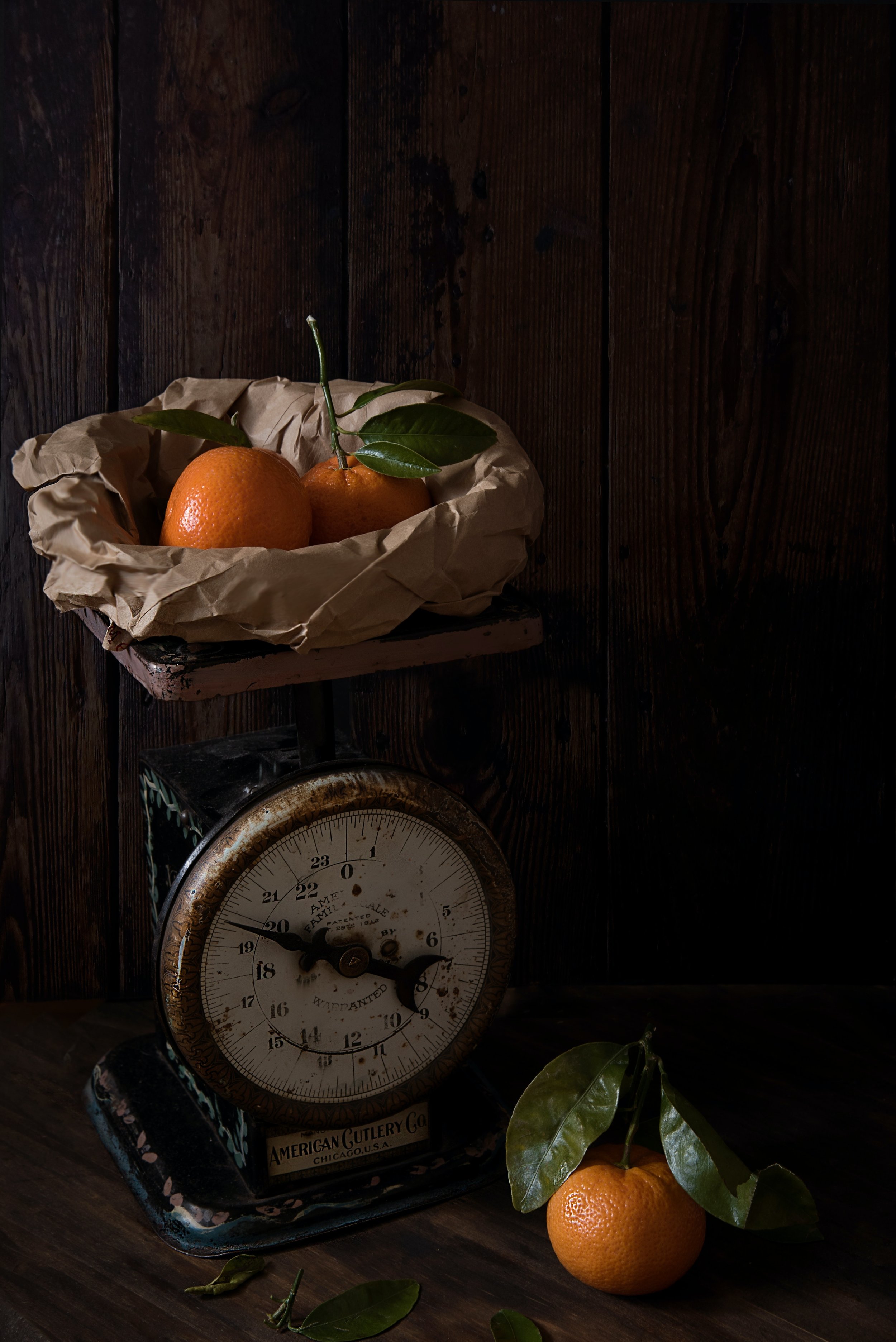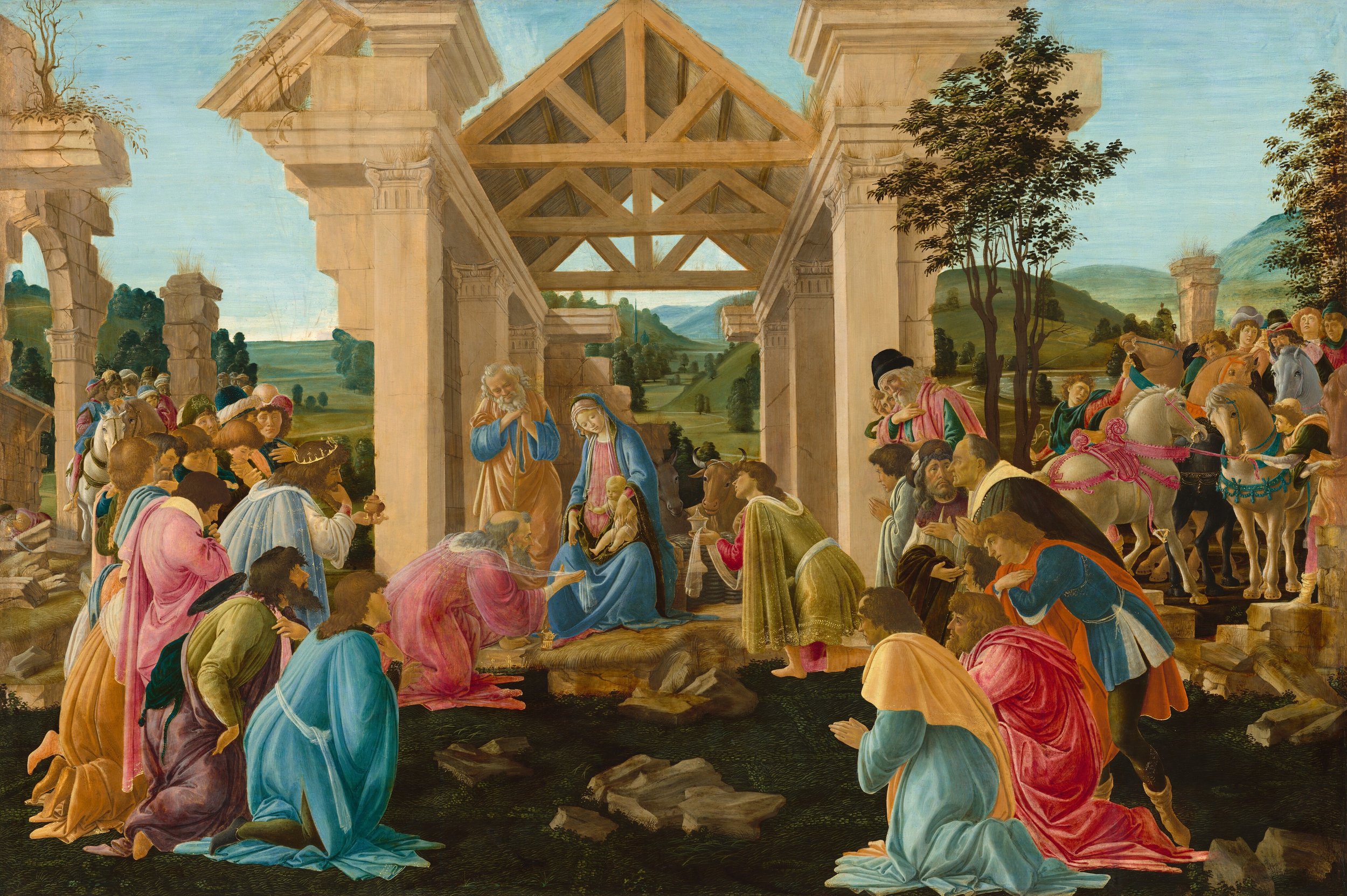While I am not a naval historian, it has been argued that the British Navy dominated over the French due to the one simple fact that Britannia ruled the waves through lemons.
In 1795 a physician named Gilbert Blane convinced the British Royal Navy to issue some form of lemon juice to its sailors. His order may well have changed the course of history because it allowed Great Britain to successfully defend itself from a Napoleon-led invasion by setting up a blockade of the English Channel. This blockade, during which many ships spent months on the water without coming to port, went on for 20 years—a feat that scurvy would never have allowed.*
The Brits had figured out that lemons prevented scurvy in the sailors. Thus they had the man power (since scurvy could wipe out a crew) and better fitness than the French. Over time, the lemons were switched out to the more plentiful limes thanks to the bounty of the East India colonies, earning the sailors the nickname, lime juicers which became shortened to limeys.
As an urban legend, or more accurately an ocean legend, it sounds great. While there is truth in the story the details are lacking. There were other reasons for the British Navy to prevail as well as there were other attempts, failures and successes to prevent scurvy.
Scurvy was the bane of the sailor’s existence. It is a horrible and gruesome illness leading to death. Over the years, many British crews as well as other sailors were lost to the disease. In 1744 Commodore George Anson returned from circumnavigating the globe. Out of his almost 2,000 original sailors, only 145 returned. While only four sailors died from enemy action, the rest of those lost were due to scurvy.*
Scurvy is the lack of vitamin C in the body. Vitamin C is needed for tissue integrity. It helps with the formation of blood vessels, muscles, cartilage and collagen in bones. It is an anti-oxidant and is key to healing. Humans, some primates, guinea pigs, some bats, birds, and fishes do not produce their own vitamin C and need to ingest it from other sources. It is thought that “in all cases so far studied, the inability to synthesize vitamin C is due to mutations in the L-gulono-γ-lactone oxidase (GLO) gene which codes for the enzyme responsible for catalyzing the last step of vitamin C biosynthesis. The bias for mutations in this particular gene is likely due to the fact that losing it only affects vitamin C production.” * As a species, for humans to have the “mutation” is not really a problem as long as we can ingest the vitamin.
All throughout the centuries of sailing and global exploration, different countries and explorers would “discover” that the use of fresh fruit and vegetables containing Vitamin C would prevent or quickly cure the disease. However, that knowledge would be forgotten or overlooked causing scurvy to prevail. Even if it was determined that fruit or vegetables containing vitamin C would prevent scurvy, the practice of using that food was still slow to be adopted in the navy protocol. [Interestingly, it was discovered that the sailors who ate the ship’s rats did not get scurvy since rats produce their own vitamin C. Not my first choice for sourcing vitamin C.]
It was James Lind, a ship’s surgeon who in 1747 did one of the first “scientific studies” with one of the crews. He divided the sickened sailors into six different groups each receiving different treatments. It appears that the group that received lemons and oranges recovered enough to even help out the other sailors who were deteriorating.
The unfortunate thing about Dr. Lind’s “scurvy experiment” was that the cure was once again, forgotten for years. It seems that with the history of scurvy, although an individual ship might have received guidance from natives on vitamin C enriched plants and therefore would physically survive the scourge on the crew, there was never any remembrance or carry through to another ship. There was not a ruling from the Admiralty or any of the other country’s navies until almost fifty years after Dr. Lind did his experiment.
Still, I like the image that one thing, eg limes, can make all the difference. It has me thinking- what one thing could I do or not do that would make the difference to me? What one action or new behavior would put me on a different path?
I think of the individuals who decide to embark on better health and they start by doing one thing- say walking for ten minutes in the morning or doing some chair/standing exercises each hour. Doing one thing will begat another behavior, turn ten minutes of walking into twenty and before they know it, they are moving quite a lot and feeling better.
Same could be said with wanting to improve nutrition: What is one thing that can be incorporated into one’s meals? Perhaps it is adding a cup of fruits or vegetables per day or drinking a glass of water upon arising and before meals. Or, trying to improve nutrition by not mindlessly snacking- to eliminate one snack a day.
I think of individuals who want to go deeper in their spiritual lives: What is one behavior that can help draw one closer to God? Perhaps it is increasing (or starting) Bible reading or prayer. It could be done through a ten minute Bible reading app on one’s phone or taking five to ten minutes before beginning work or opening any social media, to pray.
Or individuals who want to improve their intellectual health: What is one thing that you would like to learn? What small activity can be made each day to achieve that? Learning a new language through small daily classes? Practicing an instrument twenty minutes a day?
Or those who want to improve one’s emotional health? Could the simple act of writing a gratitude list each day or sending a text or email of encouragement to another person help? Or making a plan to do some volunteering?
What about you? What are some “one thing”s you can do to make a change in your current situation? Perhaps it was something that you used to do and was forgotten. Would it be appropriate to reintroduce to your lifestyle? It may not be much and it may not be “the end all, be all” for your life, but it might set you on a trajectory towards something better.
What do you have to lose? The Dr. Lind’s citrus eating experiment was by far (to me) the most palatable of the “solutions” at the time: others included urine mouthwash, “elixir vitriol”, seawater, cider. Over the years, it would be “re- discovered” that citrus juice and vitamin C prevented scurvy and then that information would lost along the way. Perhaps because it was too obvious and too simple?
That is the other thought about doing “one thing”: it may be an obvious and simple activity/behavior but the overall achievement can be life changing.
*https://www.ncbi.nlm.nih.gov/pmc/articles/PMC3145266/. https://www.sciencehistory.org/distillations/the-age-of-scurvy. https://theconversation.com/how-the-british-defeated-napoleon-with-citrus-fruit-58826.





















